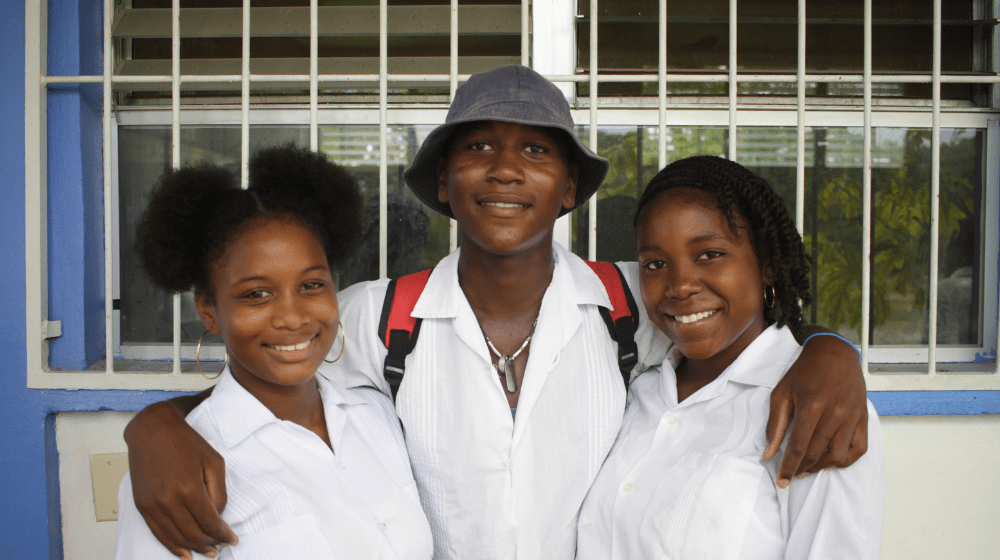The world has made significant strides towards recognition, justice and development for people of African descent, yet the fact remains that women and girls face complex and intersecting challenges, spurred by racial discrimination and gender inequality – with deadly consequences.
As we mark the International Day for People of African Descent this year, we also mark the final year of the International Decade for People of African Descent, an initiative launched by the United Nations General Assembly to recognize people in the Americas who are of African descent as a distinct group whose human rights must be safeguarded.
To spotlight these key events, UNFPA has collaborated with May Solimar, an Afro-Brazilian designer, illustrator and comic artist, to create a series of impactful comic stories, highlighting the important work of people of African descent – such as midwife Siannie Palmer, who has supported expectant mothers for decades in Costa Rica – as well as illustrating the ongoing issues that Afrodescendants face. You can see the comics on UNFPA’s social media channels starting on the international day on 31 August.
To be sure, the past decade of activism has yielded some progress. Societies around the world are increasingly recognizing the role structural racism plays in driving social, economic and political inequalities; several countries have made racial profiling and discrimination illegal and have introduced policies to promote the rights and choices for people of African descent.
Further, governments have accelerated their efforts to make Afrodescendants more statistically visible in order to address historical injustices and to bridge gaps in access to health care, social services and opportunities. The number of countries with more inclusive population and housing censuses has also increased, with many including a question offering Afrodescendent self-identification, for example.
But crucial challenges remain for women and girls of African descent – including racist attitudes in health sectors across the Americas that make childbirth less safe and elevate the risk of preventable maternal death, according to UNFPA research. Another hurdle: Despite advances in inclusive data collection, countries continue to struggle to gather racially disaggregated statistics, which would reveal patterns of inequality and inform policies that could combat and eradicate racism.
Policymakers at all levels must work with Afrodescendent communities to conduct ethical research and create targeted, intersectional initiatives to erase inequality, improve health services and save lives. Increased, transnational solidarity and action, political will, and investments are also necessary in order to end inequalities and ensure the full empowerment of people of African descent, especially women and girls.
Around the world, UNFPA works to support women and girls of African descent in their pursuit of bodily autonomy, visibility and inclusion. As UNFPA Executive Director Dr. Natalia Kanem has said,
“Let us remember that when we improve the lives of Afrodescendant women and girls, the prospects of the entire community and nation will improve.”


